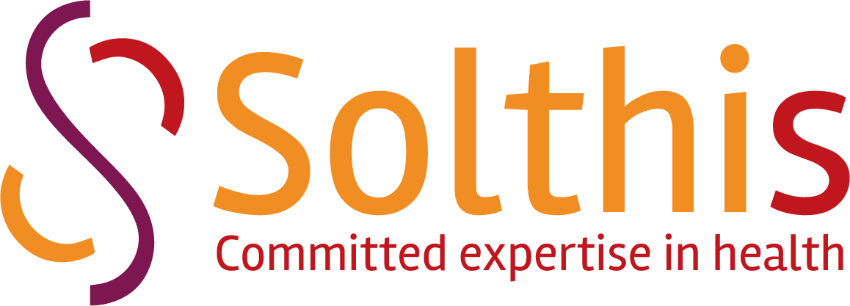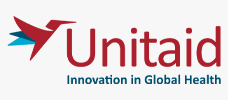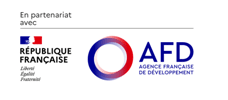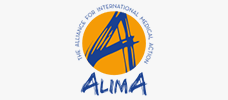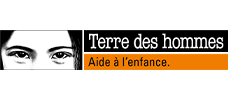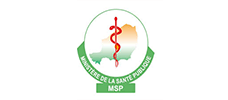4 years (2019-2023)
Niger
In 2018, an estimated 5.3 million children worldwide will have died before their fifth birthday from diseases, most of which are preventable and treatable, including pneumonia. One of the most effective measures to improve the detection of seriously ill children and reduce child mortality is to ensure that tools for testing for serious diseases are available and accessible at the level of primary health centres. Under the coordination of ALIMA, the AIRE project aims to integrate the use of a diagnostic tool, pulse oximeter (portable and easy to use devices for measuring oxygen saturation in the blood) to improve the identification of the most seriously ill children who need to be referred to hospital at the level of primary health centres in 4 African countries: Mali, Guinea, Niger, Burkina Faso. In Niger, in response to these challenges, an Integrated system management of Childhood Illnesses has been implemented as a strategy to reduce under-five year old children mortality and improve the control of the most deadly diseases in children (malaria, pneumonia, diarrhoea, malnutrition) and HIV since 2009. However, current the program is not fully achieving its intended effects due to a lack of knowledge and information to prevent the emergence of certain diseases and identify signs; insufficient or too late access to care; poor quality of services provided due to the limited capacity of health care workers (in terms of tools, skills and organization) to implement the strategy; and the general weakness of the health system.
Project objective and expected results in Niger
In response to these challenges, the project aims to improve the care of sick children and reduce child mortality by introducing a diagnostic tool, the pulse oximeter, into the integrated management approach of childhood illnesses used in primary health care centres, in order to improve the identification of the most seriously ill children who need to be referred to hospital.
In parallel with the work with health centres and community hospitals, Solthis will intervene at the community level to raise awareness and train community workers and families on the importance of seeking care when the child presents worrying symptoms and while it is not too late. Pulse oximeters are portable and easy to use devices that measure oxygen saturation in the blood. Low oxygen saturation indicates that a child is seriously ill and needs to be referred urgently to hospital for appropriate care (including oxygen therapy).
Although the World Health Organization (WHO) recommends the use of pulse oximeters in primary health care centres, they are in fact rarely available. The AIRE project will include a study on the acceptability, feasibility, impact, and cost-effectiveness of using pulse oximeters. Based on the demonstration of this added value, the national authorities will be supported to scale up the intervention at the end of the project, with the support of their financial partners.
Closure of the project
The AIRE project was closed in Niger at two seminars held in Dosso and Niamey on 3 and 17 May. At regional level, the closing conference, organised by Alima in the presence of all the members of the consortium, was held in Dakar, Senegal on 24 and 25 May 2023.
Beneficiaries
-
The Dosso Regional Centre for Mother and Child Health
-
Niamey Regional Hospital (CHRN)
